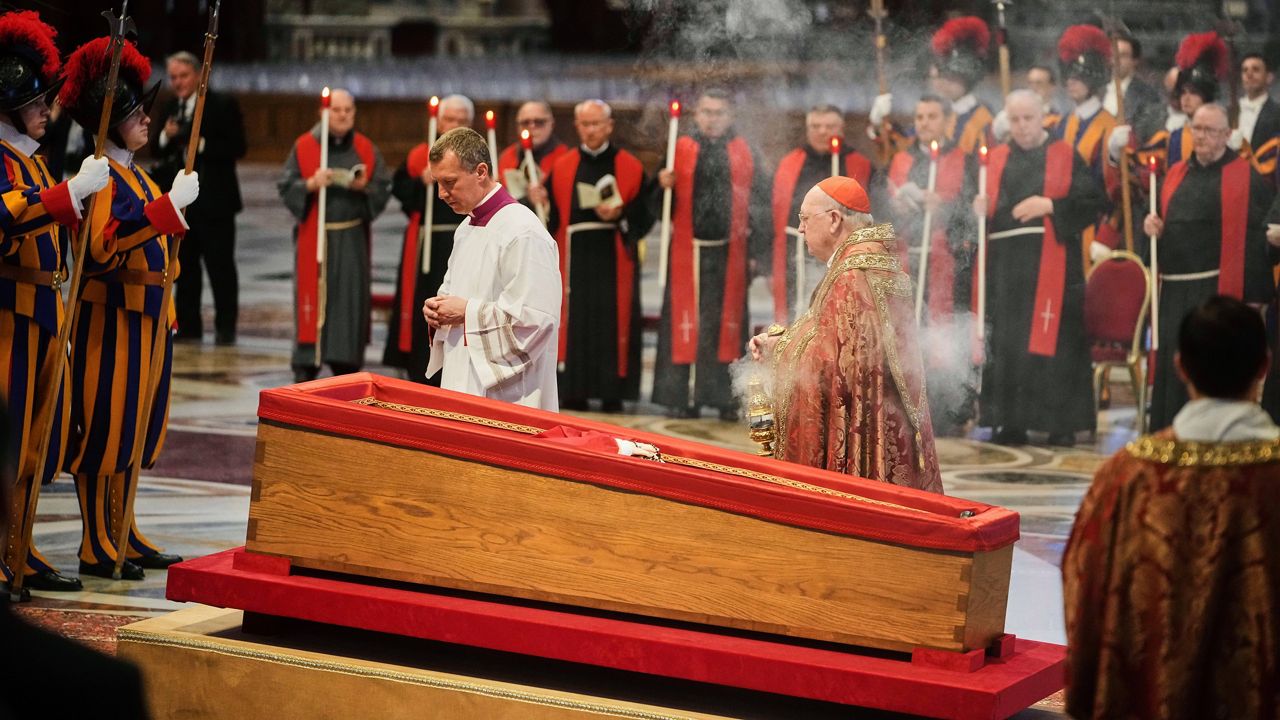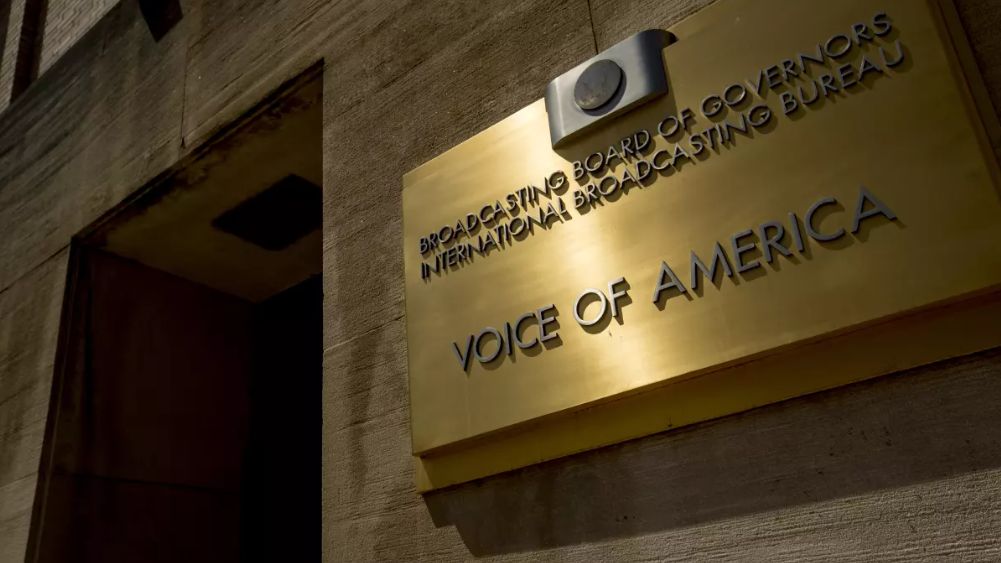LOS ANGELES — Passion, precision and a lot of patience are guiding research lab assistant Denisse Nava as she demonstrates a technique called feeding cells in a lab.
“It’s a big deal for me to learn this here,” she said. “It’s a skill that I have loved to practice and cultivated enough to say that I could do this somewhere else.”
What You Need To Know
- The county has invested millions of dollars into establishing Los Angeles as a biotech hub, pouring $10 million into the nonprofit BioscienceLA
- Dave Whelan, CEO of BioscienceLA, said it’s a little more challenging to grow the biotech industry in LA because of its geography
- Whelan said the 20,000 square foot BioscienceLA office in Culver City also serves as a central hub for biotech startups and entrepreneurs as they grow this part of the economy
- LA County reports as recently as 2020, the bioscience industry generated more than $44 billion in economic activity and over 195 thousand jobs
Nava works part-time at a biotech company called T-Cure Bioscience in Sherman Oaks, doing what may seem like small tasks in the lab, but they’re all for a common goal — finding a cure for cancer.
The California University State Northridge senior student wants to be a scientist and is finishing a cell and molecular biology degree. It wasn’t until she first landed an internship at T-Cure that she got a true look at what the career might look like.
“In academia, you can only learn so much,” she said. “When you put it into practice, it really expands your knowledge. You’re actually critically thinking, you’re designing, you’re working through a program.”
An experience typically hard to come by, Nava said when she applied to biotech internships as a community college student, it was tough to compete against students with more qualifications or from prestigious colleges.
She credits a program called BioFutures, backed by LA County, for changing that.
“I didn’t know the possibilities or where I could apply my skills and here, I’ve been able to develop them and learn all these new techniques that I could take with me wherever I go next,” she said.
The county has invested millions of dollars into establishing Los Angeles as a biotech hub, including funding for creating the nonprofit BioscienceLA and its BioFutures program, which cultivates a diverse workforce and prepares underserved students such as Nava for well-paying jobs in the life sciences, which ranges from creating medical devices to developing drugs to health care IT. The county also put money into the workforce, real estate, and business support programs, including a life sciences tech park with Lundquist Institute at Harbor-UCLA Medical Center Campus and the Bioscience Investment Fund with MarsBio that targets early-stage bioscience companies for growth.
Dave Whelan, CEO of BioscienceLA, said it’s a little more challenging to grow the biotech industry in LA because of its geography.
“As we all know, LA is big, it’s spread out, which means it’s hard to build a community around things sometimes,” he said. “We’ve seen life sciences hubs in the Bay Area and Boston and San Diego…other places where they are more concentrated and therefore, the economy grows, the ecosystem grows. And in LA, it’s a little bit tougher because of that sprawl and diversity.”
Whelan said the county also invested more than $10 million toward the 20,000-square-foot BioscienceLA Collaboration Hub in Culver City, which is housed in a former LA County courthouse. The building is a central hub for biotech startups and entrepreneurs as they grow this part of the economy. There are currently 15 companies working out of the space.
LA County reports that in 2022, the bioscience industry will generate more than $64 billion in economic activity and over 200 thousand jobs.
Whelan also points out biotech isn’t just for human health care; it can lead to other innovations.
“It’s technologies that can lead to food tech, lead to energy tech, new fuels, new materials that can be part of the aerospace industry, part of the apparel industry,” he said. “In some ways, life sciences become an enabling technology for just about every other industry in Los Angeles.”
As Nava prepares to graduate this year, the first in her family to do so, she already has her eyes set on another goal: getting a doctorate.
“I really want to pursue that and say that I did it and be the first in my family to be a doctor,” she said.










